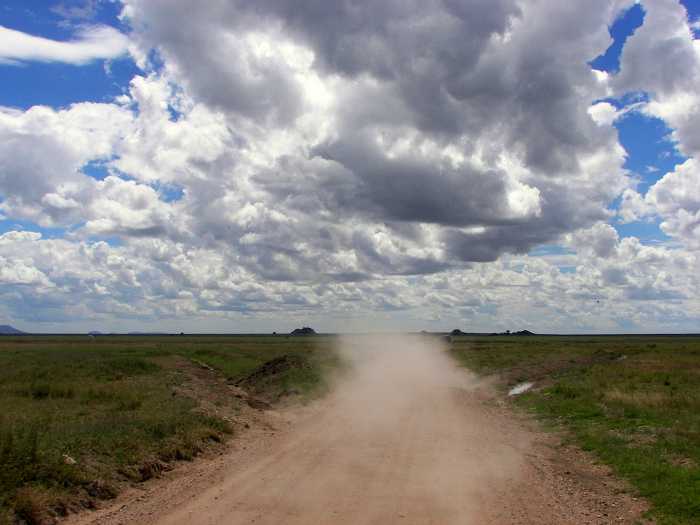FWP:
SETS == BHI; EXCLAMATION;
INEXPRESSIBILITY; MUSHAIRAH
ROAD: {10,12}
In classic mushairah style, the first line alone is not only vague, but actively misleading. For bekasii kii ;hasrat might well lead us to think of a longing generated by friendlessness-- the way {21,10} and {71,1}, which both speak of the sound 'of' breaking, mean the sound generated by breaking. The longing 'of' friendlessness would be a perfectly natural reading, since friendlessness is such an undesirable state that we would expect a semi-personified 'Friendlessness' to long for companionship or support of some kind. This possibility is reinforced by naachaar , 'helpless(ly)', since in the ghazal world (and outside it too, for that matter) the connection between friendlessness and helplessness is very strong (consider the meanings of ;Gurbat ).
Only at the last possible moment, at the end of the second line, do we finally learn that along with the general 'difficulty of the road', the 'tyranny of the fellow-travelers' (literally, of the 'road-sharers') is a particularly unbearable part of the speaker's travails. Because the road is difficult anyway, one would wish for reliable companions. But to have cruel and treacherous companions is worse than to be alone! Things have reached such a pass that, reluctantly and 'helplessly', the speaker is forced to wish for a state of 'friendlessness'. Only now, retrospectively, can we understand the bekasii kii ;hasrat in the first line.
The word bekasii itself, like ;Gurbat
, illustrates the strong negative value attached to aloneness. For literally,
the be-kas simply negates kas
, the Persian word for 'someone, anyone' (see the definition above); thus be-kasii
is the state of being without anyone. It is conventionally construed as having
no friends or companions around, but this verse reminds us pointedly that
it also means having no enemies or persecutors around. It makes us remember
the little three-verse riff on the beauties of the hermit's life: {127}.

Nazm:
That is, the cruelty practiced upon us at the hands of the fellow-travelers-- to endure that trouble is a difficult path; don't even ask about its difficulty! Our longing is, if only we were friendless and alone! (138)
== Nazm page 138; Nazm page 139